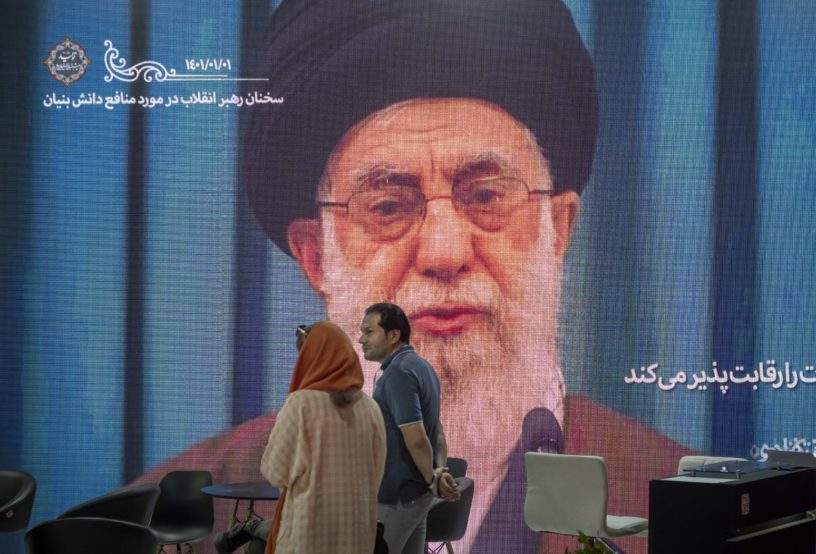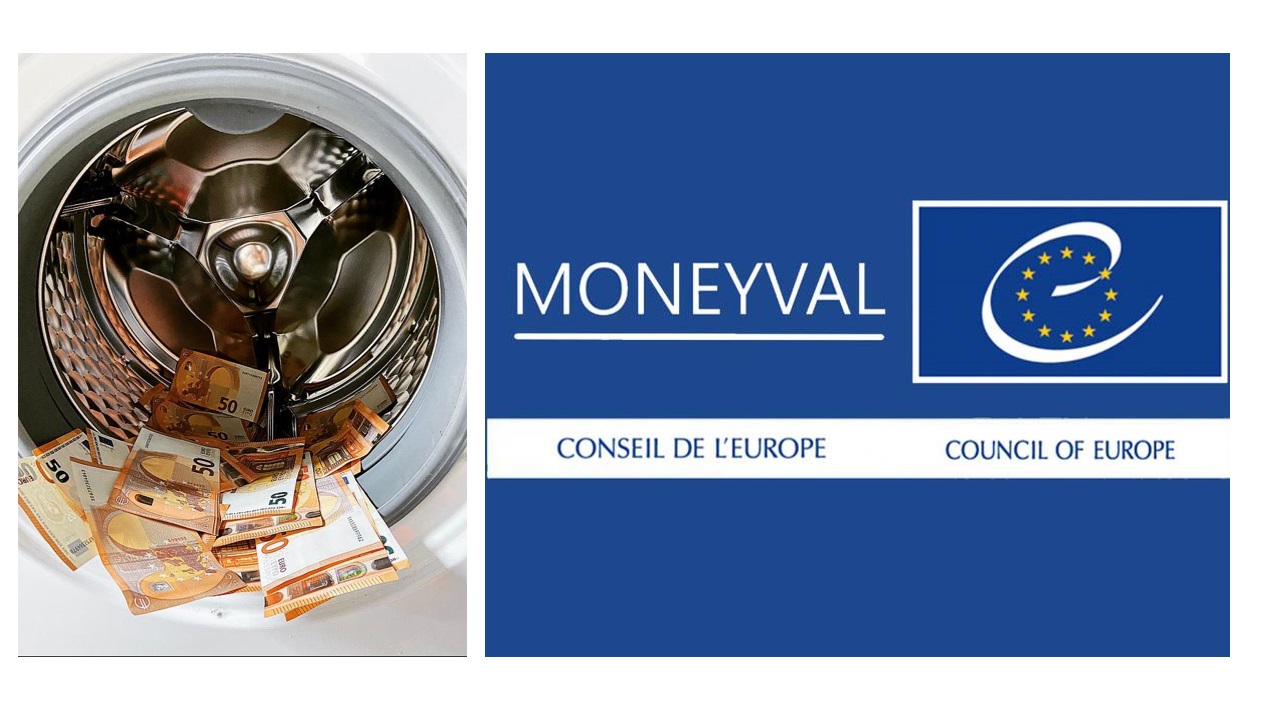THE US GOVERNMENT today (Thurs) blacklisted companies in China and other countries for allegedly moving billions of dollars linked to the sale and shipment of Iranian gas and petrochemical products.
The “shadow banking” group, which the Treasury Department designated under an executive order issued in January 2020, includes front companies, exchanges and other businesses based in amongst other jurisdictions, Hong Kong, Singapore, Dubai and the Marshall Islands.
The Office of Foreign Assets Control (OFAC) designations target “one of several multi-jurisdictional illicit-finance systems” that underpin embargoed Iranian commerce.
The move comes just a month after the agency blacklisted nine other companies in Iran, Singapore and Malaysia for allegedly operating a similar scheme.
They are accused of co-operating to mask the true buyers and sellers of butane, propane, polyethylene products and other goods from Iran.
US officials accused the entities of disguising the transactions through the global financial system.
“Iranian exchange houses create front companies abroad to enable trade on behalf of their Iranian clients, with foreign currency transactions maintained via internal ledgers,” OFAC said in a statement.
The sanctions target 39 entities, including many based in the United Arab Emirates and Hong Kong, that Washington said facilitate Iran’s access to the global financial system, describing them as a “shadow banking” network that moves billions of dollars.
Those targeted had granted companies previously slapped with Iran-related sanctions, such as Persian Gulf Petrochemical Industry Commercial Co (PGPICC) and Triliance Petrochemical Co Ltd, access to the international financial system and helped them hide their trade with foreign customers.
The latest move against Iran comes as efforts to revive the 2015 nuclear deal have stalled, while ties between the Islamic Republic and the West have become increasingly strained as Iranians keep up anti-government protests.
Washington has targeted Chinese companies over the export of Iran’s petrochemicals as the prospects of reviving the nuclear pact have dimmed.
“Iran cultivates complex sanctions evasion networks where foreign buyers, exchange houses, and dozens of front companies cooperatively help sanctioned Iranian companies to continue to trade,” said Deputy Treasury Secretary Wally Adeyemo.











